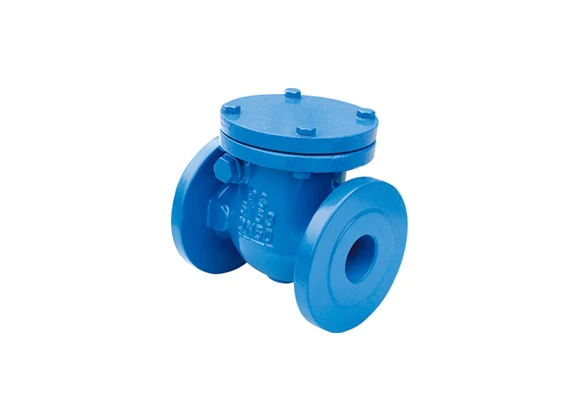Jan . 10, 2025 12:59
Natural gas valves play a crucial role in controlling gas flow in various industrial and residential applications. Different types of natural gas valves are tailored for specific situations, each offering distinct characteristics and benefits.

Ball Valves Known for their robustness and precision, ball valves utilize a spherical disc with a hole through it, allowing control over gas flow. When the valve is open, the hole is aligned with the pipe, and when closed, it is perpendicular. This design ensures tight sealing and rapid actuation, making ball valves ideal for emergency shut-offs and applications requiring quick operation. Industries favor ball valves for their durability and ability to handle high-pressure systems.
Gate Valves Renowned for their ability to provide unobstructed flow when fully open, gate valves function through a gate-like mechanism that moves up and down to open or close the valve. While not recommended for applications needing frequent opening and closing due to potential wear, they are excellent for non-critical isolation where flow resistance needs to be minimized. Gate valves are frequently used in large-scale industrial pipelines.

Globe Valves Globe valves are distinguished by their ability to precisely control flow rates. They use a movable plug that can be screwed into place against a stationary ring seat. This feature makes them more suitable for throttling applications compared to other valve types. Though they introduce some resistance to flow, their superior control and reliability in regulating pressure and flow rate make them a favorite in industries requiring precise flow configurations.
different types of natural gas valves
Plug Valves These offer a straightforward mechanism similar to ball valves but with a cylindrical or tapered plug within the valve body. Their simple design allows for quick operation and maintenance, with a strong seal against leakage. They are advantageous in applications where quick and frequent switching is essential. The chemical industry often relies on plug valves due to their resistance to corrosion and capability to handle harsh substances.
Butterfly Valves Butterfly valves are light-weight and compact, using a rotating disc to regulate flow. These valves are not only cost-effective but also provide efficient flow control and are ideal for large diameter pipes. However,
they might not provide as tight a seal as ball valves. Industries such as HVAC and water treatment use butterfly valves extensively due to their minimalistic design and low pressure drop.
Diaphragm Valves These valves are unique in their use of a diaphragm to separate the flow stream from the closure element, making them excellent for corrosive fluids. Their design offers a leak-proof seal, making them perfect for use in pipelines carrying sensitive materials. In applications requiring sterile conditions, such as pharmaceutical manufacturing, diaphragm valves are the preferred choice.
Selecting the appropriate natural gas valve hinges on understanding the specific needs of the application, including pressure requirements, flow rate, and the nature of the gas being transported. Through proper selection, industries can ensure both operational efficiency and safety, leveraging valve designs that best fit their systems' demands. Those looking to purchase or replace valves should seek advice from industry experts to ensure optimal performance and longevity.


 Call us on:
+86-311-86935302
+86-311-86935302
Call us on:
+86-311-86935302
+86-311-86935302
 Email Us:
info@thriveonvalve.com
Email Us:
info@thriveonvalve.com South of Huanmadian Village Town, Ningjin County, Xingtai, Hebei Province, China
South of Huanmadian Village Town, Ningjin County, Xingtai, Hebei Province, China